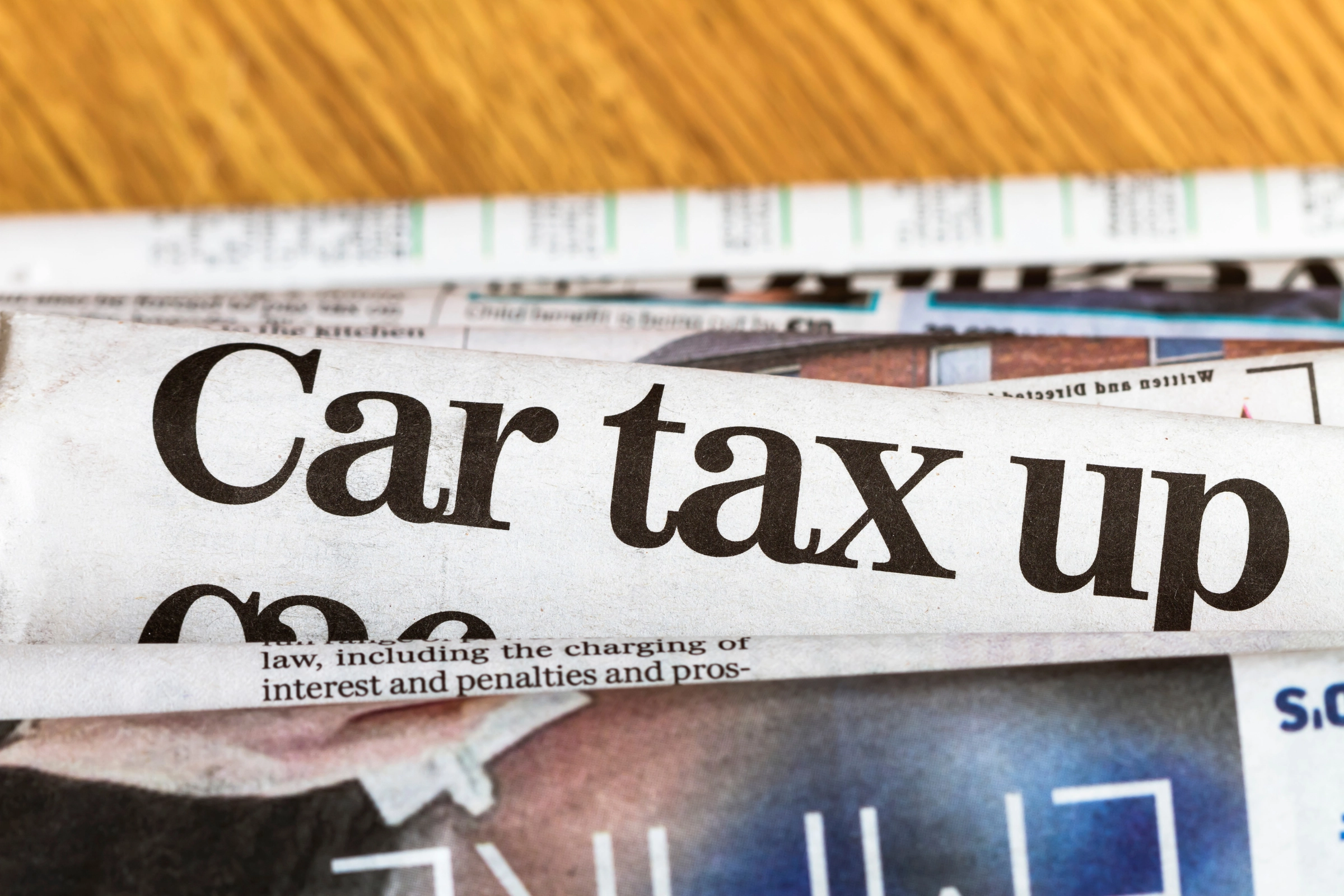Why are cars so expensive in Thailand?

Cars in Thailand come with hefty price tags, leaving many people wondering why they’re so expensive. The rising cost of both new and used cars in Thailand can be confusing, but by looking into the factors behind these prices, we can uncover a complex combination of taxes, import duties, and market forces that contribute to the overall expense of car ownership in the country.
For years, Thailand has imposed high tariffs on imported cars to protect its local car industry. These import taxes can be as high as 80%, which adds a huge amount to the price of foreign vehicles. On top of that, the limited public transport in many areas has led to strong demand for cars, pushing prices even higher. In this article, we’ll break down these factors to help you understand why cars in Thailand cost so much.
Car prices in Thailand
Car prices in Thailand are driven by many factors that make vehicles significantly more expensive than in many other countries. High import duties, taxes, and local manufacturing costs are the main reasons.
Another big factor? Strong demand for cars. Limited public transport options in many areas push people to rely on private vehicles, driving demand even as prices climb. Even though car sales dropped by 23.8% in the first five months of 2024 due to economic challenges, the desire for car ownership remains high, keeping prices inflated.
Lastly, economic fluctuations play a role. As purchasing power decreases for the middle and lower classes, more consumers struggle to afford cars, creating a cycle where high costs push potential buyers away, leading manufacturers and dealers to adjust prices unfavourably. This leaves many Thais feeling the financial pinch when it comes to buying a car.
Import duties, taxes, and government policies: The main culprits
The most significant reason why cars are so expensive in Thailand is the country’s strict import tariffs and taxes. Thailand imposes import duties of up to 80% on foreign vehicles, which can easily double the price compared to other markets. For example, a car priced at 720,000 baht ($20,000) in another country can balloon to 1.3 million baht or more due to these tariffs.
On top of that, excise taxes based on engine size and emissions are applied, along with a 7% VAT (Value Added Tax) on the car’s total cost, including import duties and excise taxes. Additional charges like registration fees, road tax, and customs processing fees further inflate the final price.
Local manufacturing doesn’t offer much relief either. Even though Thailand has a thriving automotive industry, many parts are still imported and subject to duties. These added costs get passed on to the consumer. Government policies that promote domestic manufacturing also limit competition from foreign car brands, which keeps prices higher than in other countries.

Free trade agreements
Free trade agreements also influence car prices. For example, the ASEAN-China Free Trade Area (ACFTA) eliminates tariffs on Chinese electric vehicles (EVs), but vehicles from countries like Japan and South Korea still face high tariffs. This results in higher prices for cars imported from non-ASEAN regions, adding to the overall cost of owning a vehicle in Thailand.
Tax incentives and exemptions
While the Thai government offers tax incentives to promote electric vehicles (EVs) and investment in the automotive sector, not all vehicles qualify for these benefits. As a result, the impact of these incentives on reducing prices is limited to specific types of vehicles, which restricts their broader effect on car affordability.
How car prices in Thailand compare to other countries
Car prices in Thailand are notoriously higher than in many other countries, and the reason boils down to big import duties and taxes.
Price gaps between countries
Luxury cars are where the difference is most striking. Take the Porsche Cayenne Turbo, for example. In the US, it costs around $110,400 (4 million baht), but in Thailand, that same car could set you back 16.95 million baht (about $520,000), nearly five times the price. Similarly, a Lamborghini Gallardo that sells for $180,000 (6.5 million baht) in the US would cost up to 21.5 million baht (around $664,000) in Thailand.
But it’s not just luxury cars that come with a steep price tag. Even a Toyota Corolla, a common non-luxury car, sees a massive price jump. While it costs around $15,000 (540,000 baht) in the US, in Thailand it’s priced at about 1 million baht (roughly $28,000). This huge difference reflects the high import duties and taxes that make car ownership in Thailand much more expensive compared to other regions.
These price disparities aren’t just frustrating, they highlight the financial burden Thai consumers face when buying a car, especially when compared to global markets with lower tariffs and taxes.

The struggle for consumers
The high cost of cars in Thailand puts pressure on consumers, especially those from middle and lower-income households. With car prices often being double or triple what they are in other countries, many people find themselves priced out of the market.
To make matters worse, buying a car is just the beginning. Ongoing expenses like insurance, fuel, maintenance, and repairs further burden consumers. These costs are especially tough for people with limited incomes, who may need to reconsider their options or delay purchases.
So, if you’re considering buying a car in Thailand, being aware of these factors can help you make informed decisions. It’s always a good idea to compare different models, factor in the long-term costs, and see if you can take advantage of any tax incentives, particularly for electric vehicles.
What you can do: Tips for car buyers in Thailand
- Look at local options: Locally manufactured cars tend to be cheaper than imports due to the high tariffs on foreign models.
- Consider buying second-hand cars: Buying a used car can be a smart way to avoid the high costs of new vehicles. Many second-hand cars in Thailand are well-maintained, and you can find reliable options that are significantly cheaper than brand-new models.
- Consider buying EVs for the incentives: If you’re in the market for an electric vehicle, some free trade agreements and tax incentives make EVs more affordable, especially if they’re manufactured in ASEAN or China.
- Be ready to negotiate: Whether you’re buying a new or used car, negotiating with dealers could help you score a better deal. It’s common practice in Thailand, and you may be able to get some of the extra fees waived.
If you consider buying a second-hand or EV car as an alternative, here are guides on that:
- Where to buy used cars in Bangkok
- The second-hand cars in Thailand starting at 100K baht
- Most trending EV cars in Thailand
- The cheapest electric vehicles to buy in Thailand
Frequently Asked Questions
What are the main reasons for high car prices in Thailand?
High car prices in Thailand are primarily due to import taxes and local taxes. Import duties can range from 187% to 328% depending on engine size, significantly inflating the cost of foreign vehicles.
How do local manufacturing impacts car prices?
Cars manufactured locally benefit from lower tax rates, making them more affordable compared to imported models. Brands like Toyota and Honda have local assembly plants, which helps keep prices competitive for certain models.
How does the cost of ownership compare to other countries?
While the purchase price is high, the overall cost of ownership—including fuel, insurance, and maintenance is generally lower than in many Western countries, making driving more economical in some respects.
What types of vehicles are most affected by high import taxes?
Luxury and high-end vehicles are particularly impacted by import taxes, making them significantly more expensive compared to their prices in other markets.
Is financing a car common in Thailand?
Yes, many Thais purchase cars on credit. This financing culture contributes to higher demand for new vehicles, often leading to inflated prices as buyers seek status through ownership.
Latest Thailand News
Follow The Thaiger on Google News:


























